The following is a case study about a mining photography project we completed for Great Bear Resources back in 2019. Great Bear Resources Ltd. is a gold exploration company that was acquired by Kinross at the end of 2021 for approximately $1.8 Billion. The goal of the project was to showcase their flagship site in Red Lake, Ontario, which is around 3 hours North of Kenora, Ontario and 5.5 hours North East of Winnipeg, Manitoba. Our client wanted to utilize photography to showcase their robust operation, as well as the expertise of their highly skilled employees.
Our Client:
Who was Great Bear Resources?
Great Bear Resources Ltd. was a renowned gold exploration entity that operated the Dixie Project at the Red Lake region of Ontario, Canada. Founded in 2001 in Vancouver, Ontario, the company focused on the discovery and development of high-grade gold deposits and consistently strived to maximize investor value through its strategic exploration programs. The company gained significant industry recognition for its diligence and exceptional results, culminating in its acquisition by Kinross Gold Corporation at the end of 2021.
What Made Great Bear Resources Different?
Great Bear Resources set itself apart through a steadfast commitment to innovation and responsible exploration. The company’s strategic approach to discovery, combined with the application of advanced exploration technology and methodologies, has been instrumental in identifying and developing high-grade gold deposits.
But what truly differentiates Great Bear Resources is its strong commitment to the local indigenous community. In early 2021, Great Bear Resources entered into an exploration agreement with the Wabauskang and Lac Seul First Nations. The purpose of the agreement was to create a system to share knowledge of the land and spearhead environmental stewardship initiatives. Ultimately to develop an understanding of the impact of the Dixie Project on local communities and ensure its operations are in harmony with the needs and interests of those living in the vicinity of its exploration sites.
Why was Great Bear Resources Acquired by Kinross?
Kinross Gold Corporation acquired Great Bear Resources primarily due to GBR’s promising Dixie Project property in the Red Lake region, a site known for its high-grade gold deposits. At the time of the acquisition, Great Bear Resources had drilled 340,000 metres in 794 drill holes, with 80% of it’s drill holes containing visible gold.
Since the site is so large it was impossible to complete a true resource survey on the project. Kinross went all in based on projections and trends of what GBR was discovering. Back in late 2021, 80% of the property was still unexplored, leaving the potential for return on investment very high.
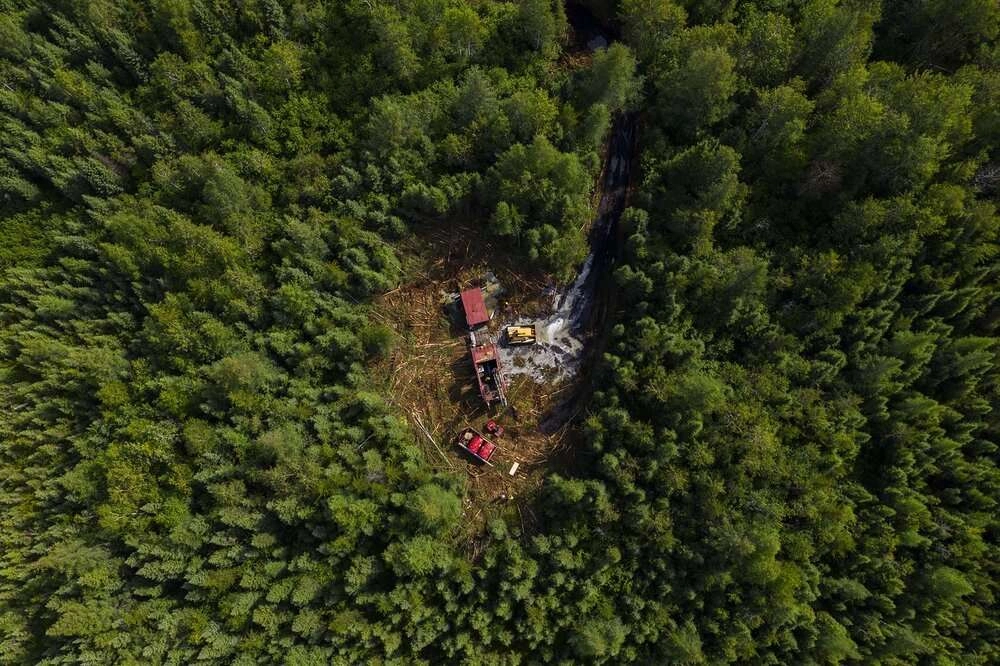
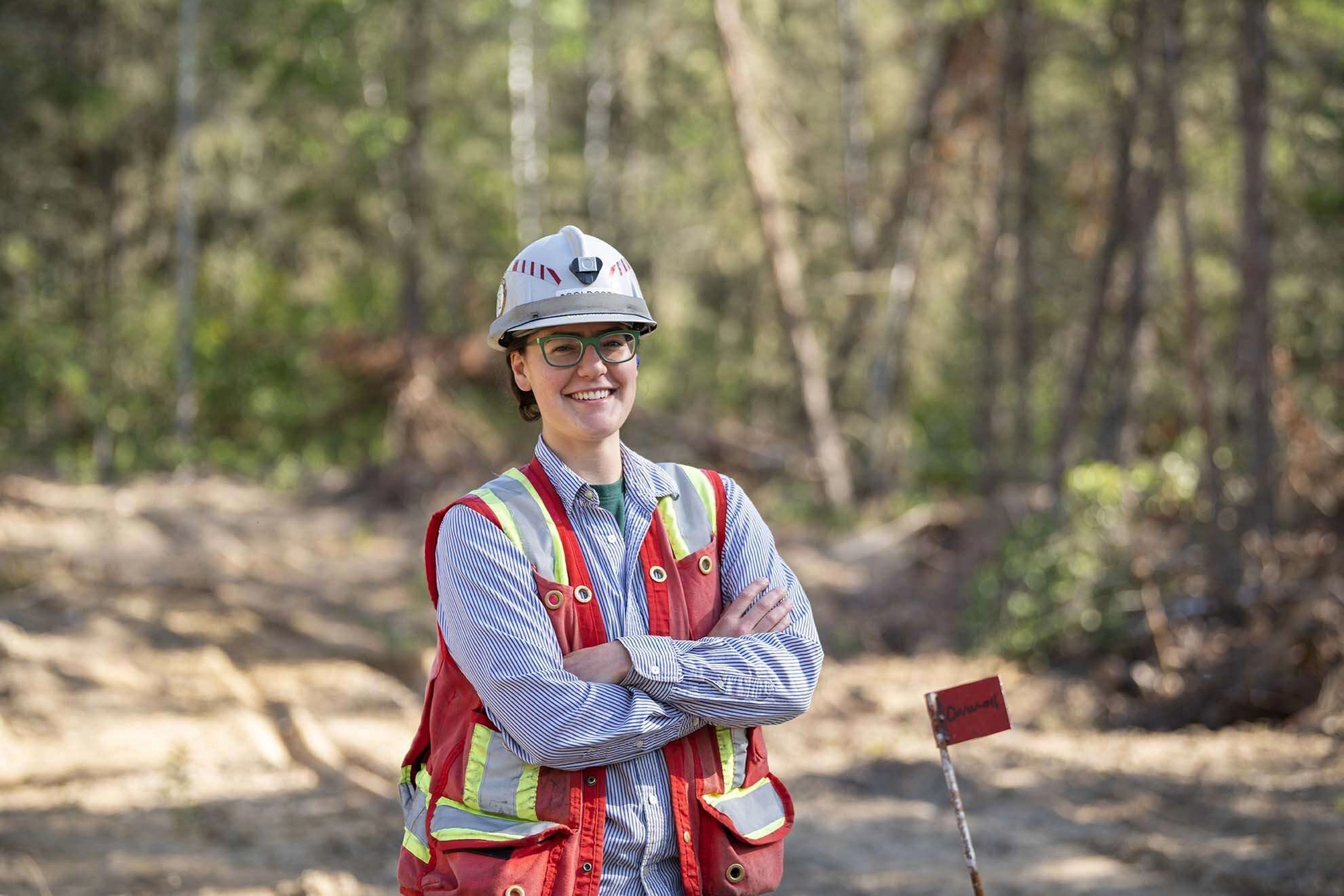
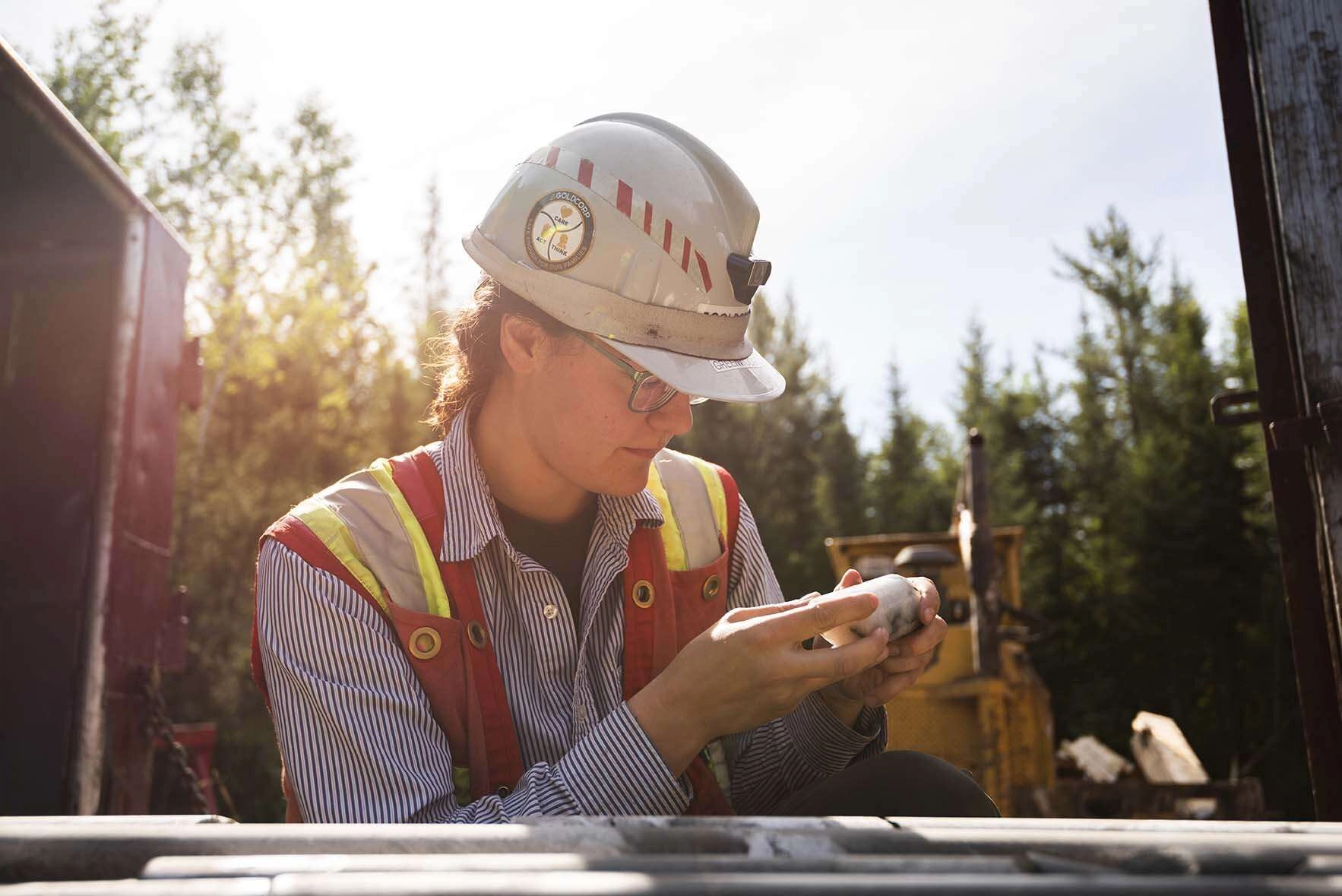
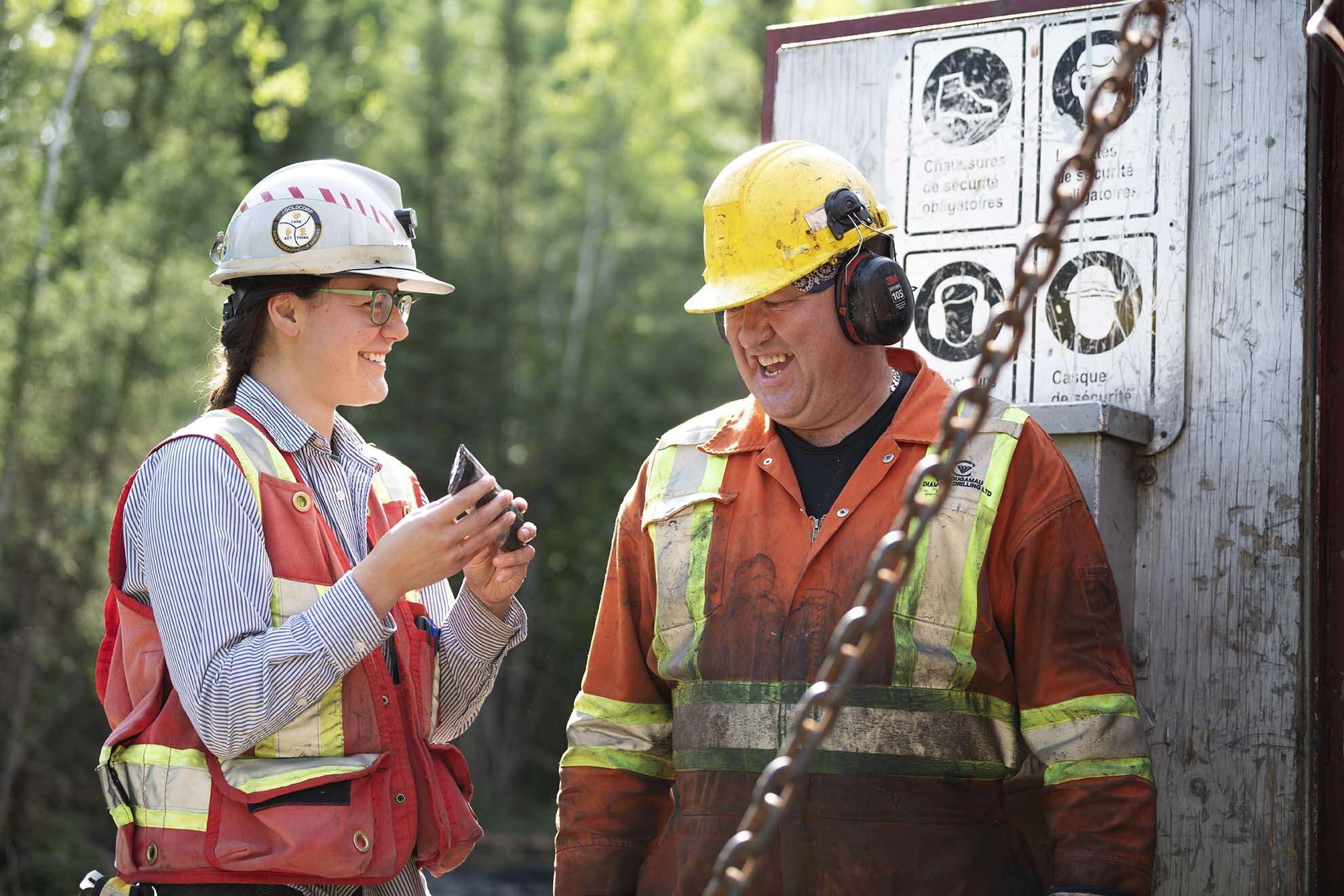
Objective:
Why was Mining Photography Important for Great Bear Resources?
This mining photography project played a pivotal role in shaping and enhancing Great Bear Resources’ brand messaging. High-quality, professional images provided a vivid and compelling visual narrative of the Red Lake site’s operations, reflecting the company’s commitment to safety, sustainability, and technological innovation.
These images played a role in the acquisition of the company as well. Showcasing the company’s values, vast landscape and operation, as well as their technological and expert processes. Resulting in the ability to foster trust and credibility among stakeholders.
Benefits of Industrial Photography
Industrial photography offers a number of advantages to businesses, particularly in sectors like mining where operations are often extensive and complex.
- Visual Communication: High-quality images can communicate complex operations, processes, and concepts more effectively than words can. They provide a clear, visual representation of what a company does and how it does it.
- Brand Enhancement: Industrial photography can enhance a brand’s image by showcasing its commitment to safety, innovation, and quality. A collection of professional images can reinforce a company’s brand messages and values, helping to build trust and credibility with stakeholders.
- Increased Engagement: Visual content tends to be more engaging than text alone. It can grab attention, evoke emotions, and help to tell a story, making it a powerful tool for marketing and communication campaigns.
- Documentation and Record Keeping: In industries like mining, industrial photography can be used to document processes and projects, providing a valuable record that can be referenced in the future.
- Transparent Operation: By offering a glimpse into the operations and processes of a company, industrial photography fosters transparency and openness, which can improve relationships and trust with stakeholders and the surrounding community.
In a project like ours with Great Bear Resources, industrial photography was an invaluable tool for demonstrating the scale, complexity, and proficiency of their operations, contributing to their successful acquisition by Kinross.
Related: Case Study: Industrial Railway Photography for Cando Rail
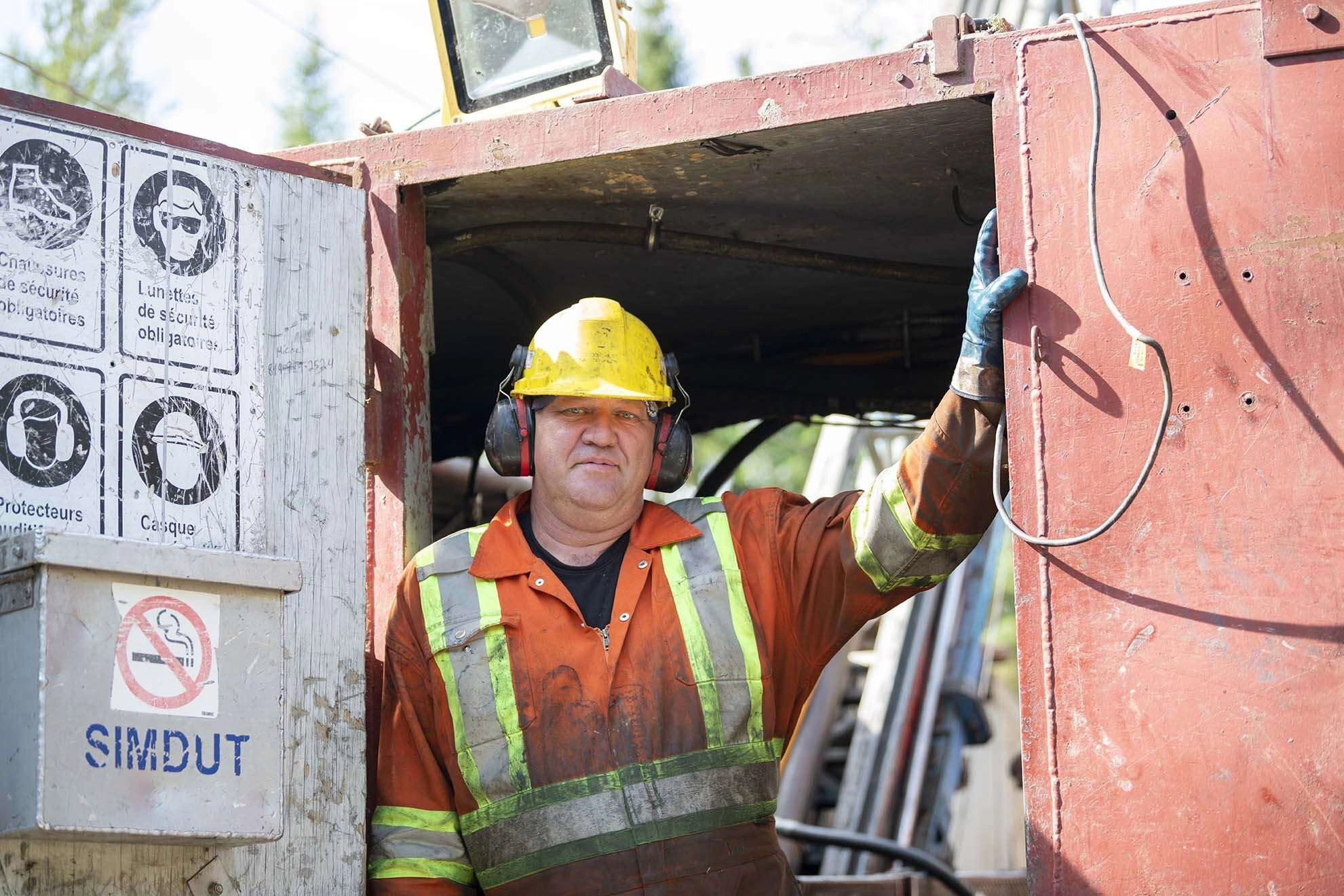
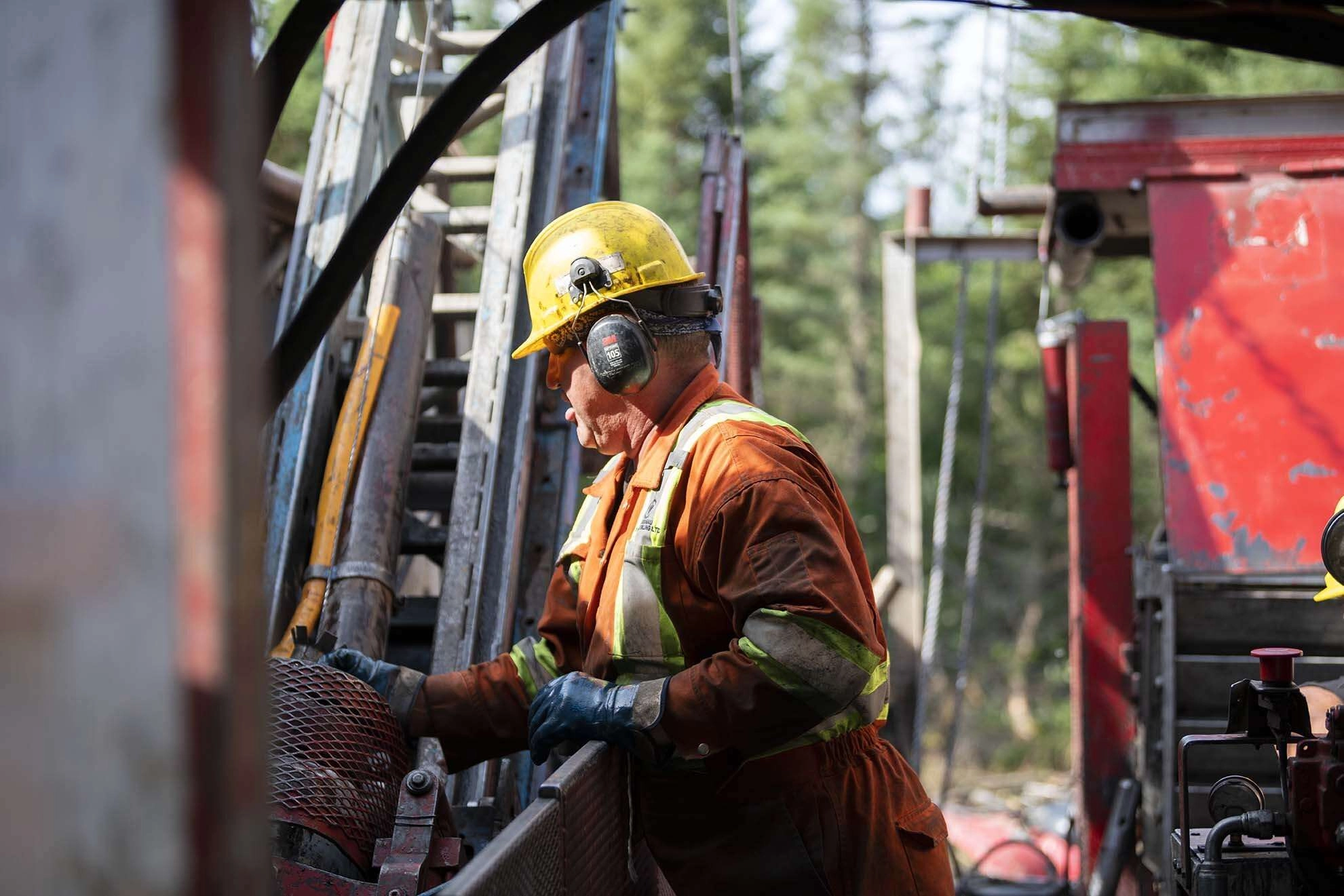
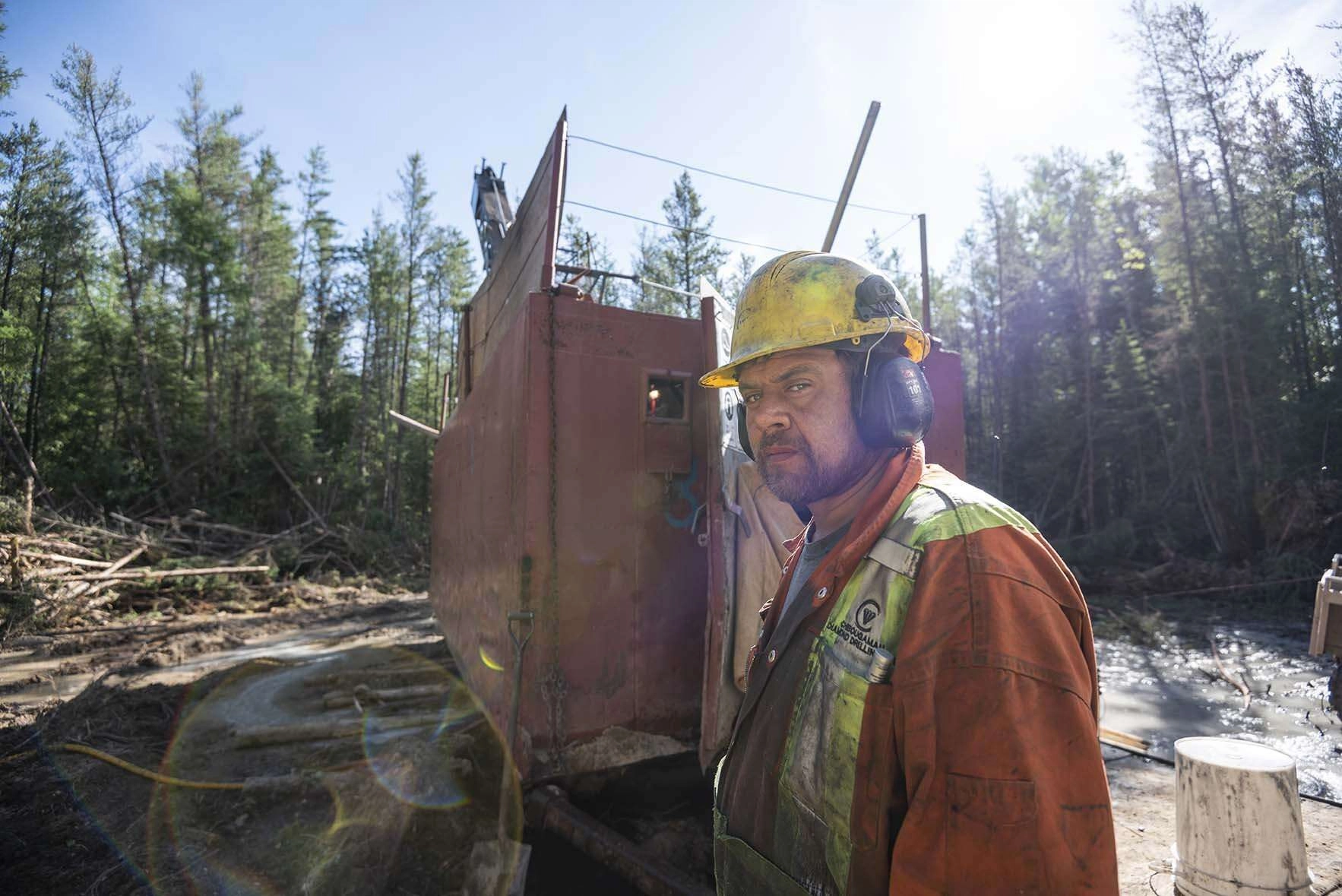
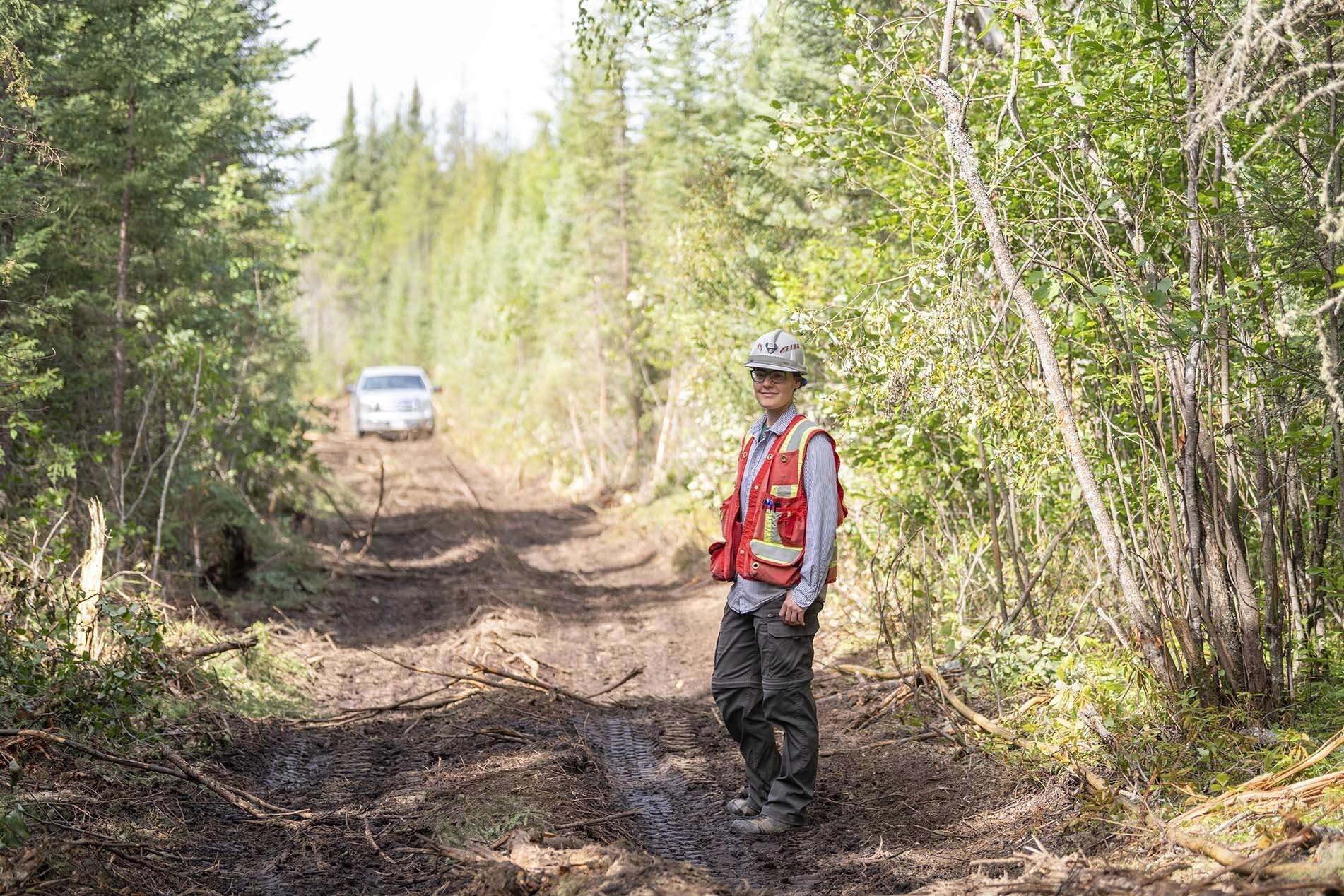
The Process:
Visual Storytelling
Visual storytelling, particularly through professional photography, offers a unique opportunity to capture and communicate the heart of a company’s operations in ways that words alone cannot. High-quality images provide a tangible understanding of the often complex processes involved in industries like mining. They can bring to life the hard work, dedication, and technical precision that underpin every aspect of operations, from the exploration and excavation stages to the final product.
Furthermore, visual storytelling helps to humanize a business. It allows audiences to see the faces behind the operations, fostering a sense of connection and authenticity. Visuals can also powerfully represent a company’s commitment to safety, community engagement, and environmental responsibility.
By harnessing the power of visual storytelling, Great Bear Resources could effectively articulate not just what they do, but how they do it and why it matters. This served to strengthen not only their brand image, but also their relationships with stakeholders, making it a valuable investment.
Aerial Imagery
Aerial imagery was a key component of our visual storytelling strategy for Great Bear Resources. Using drones equipped with high-definition cameras allowed us to capture the breadth and scope of the Dixie Project site in stunning detail, giving viewers a truly comprehensive perspective of the operation.
From high above, we were able to document the vastness of the Red Lake site, the intricate network of excavation areas, and the scale of the overall mining operation. These aerial photos not only underscored the enormity of the project, but also offered a visual testament to the meticulous planning and skilled execution involved in managing such an expansive site.
Furthermore, aerial imagery highlighted the placement of the Dixie Project within its broader environmental context. These bird’s-eye views emphasized the balance Great Bear Resources maintained between robust exploration activities and their commitment to respecting and preserving the surrounding natural landscape.
Related: What Industries Can Benefit from Drone Photography
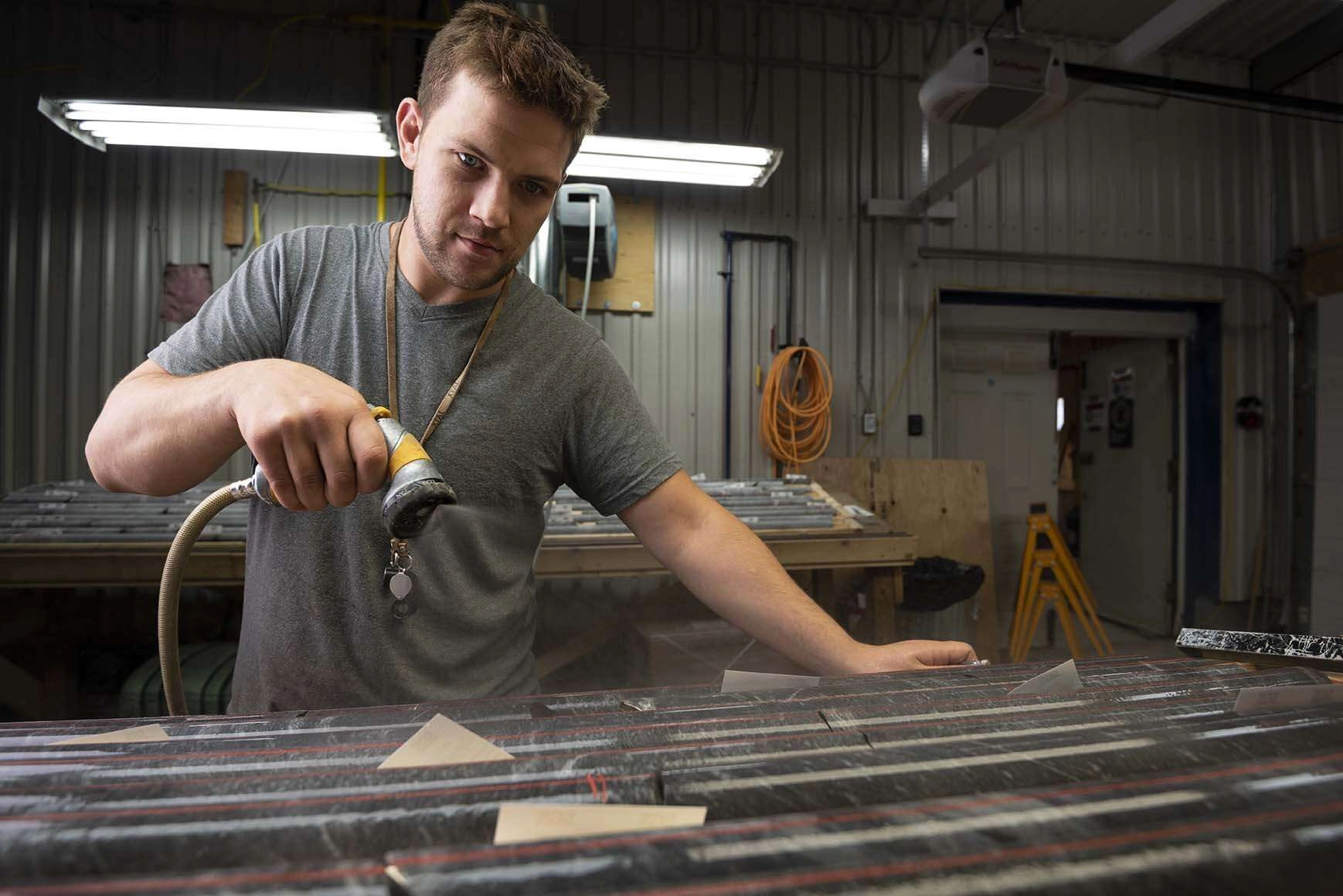
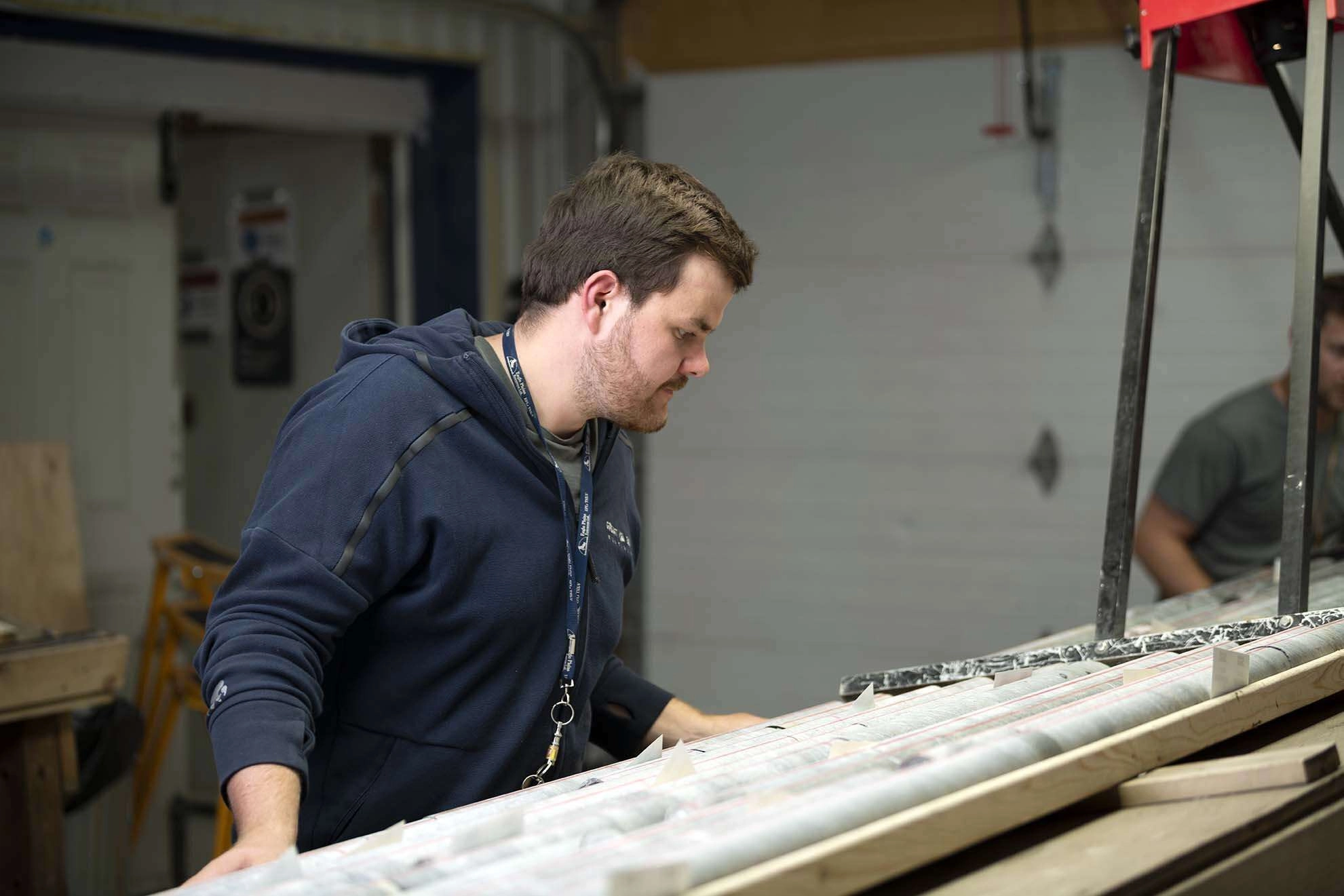
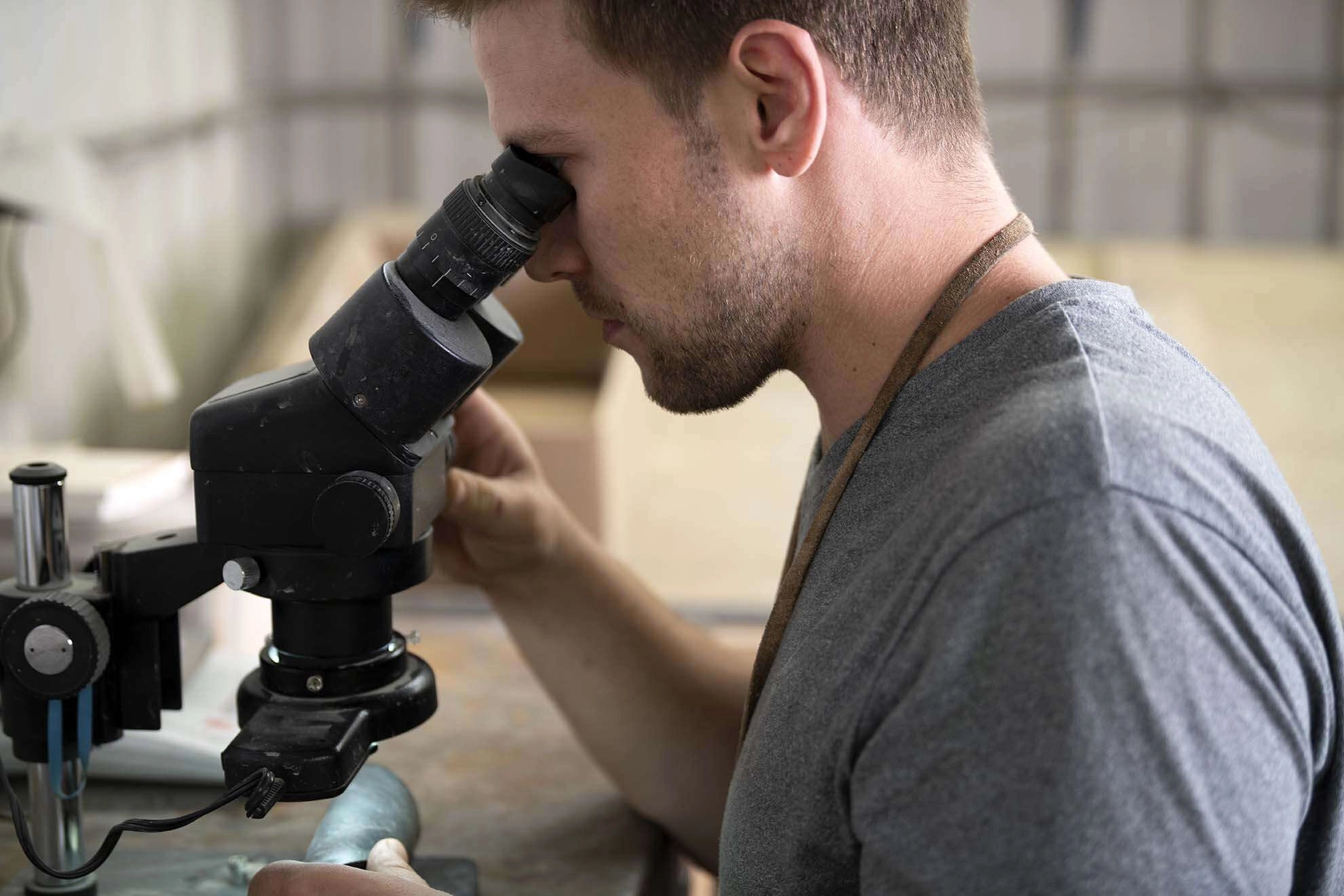
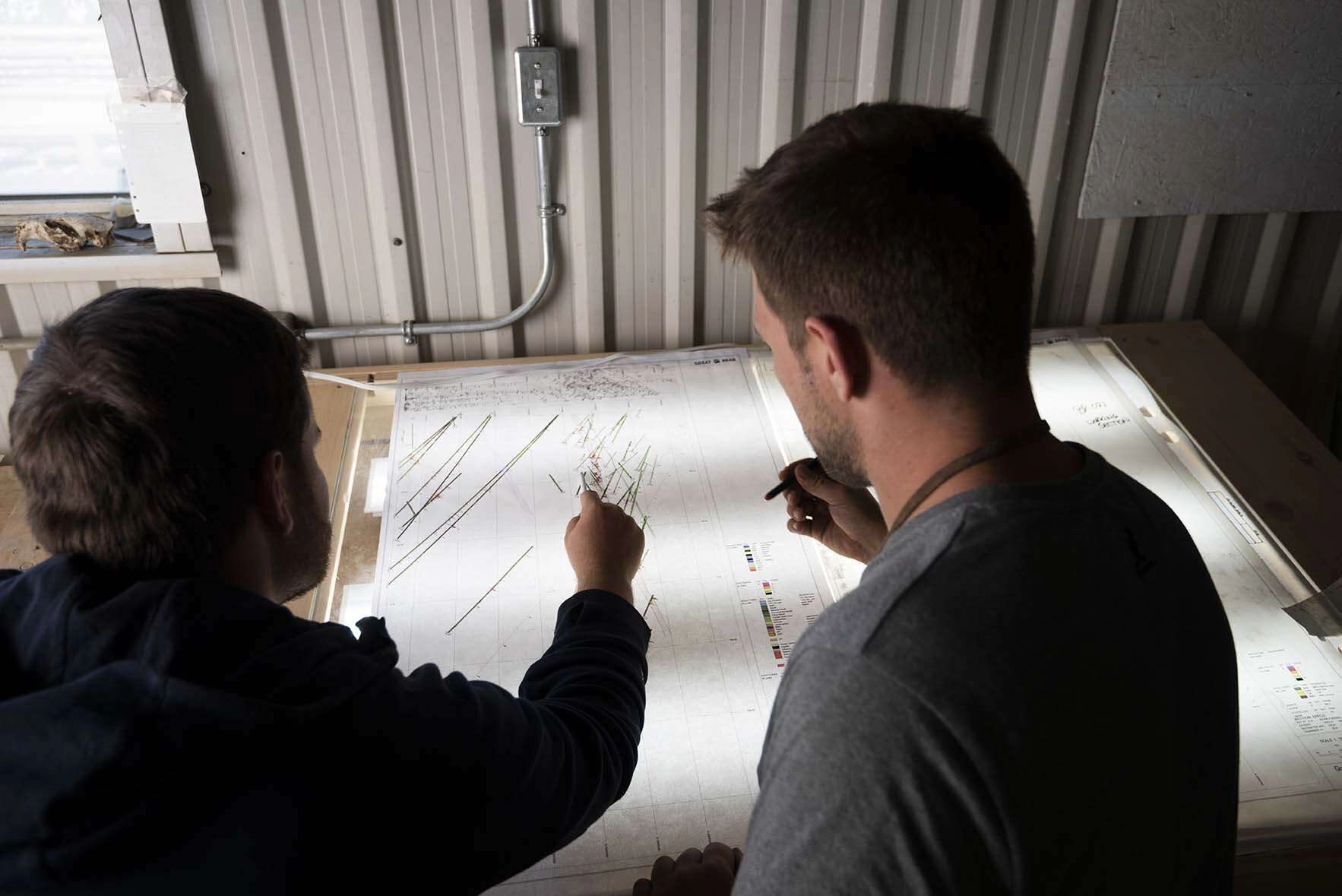
Usage
Upon completion of the project, Great Bear Resources utilized the professional photographs across a range of mediums. The images were featured prominently on their corporate website and in investor presentations, providing a tangible depiction of the company’s operations and commitment to best practices.
Additionally, the photographs were used in various marketing materials, including brochures, press releases, and newsletters, thereby enhancing their visual appeal and overall effectiveness. Through this wide-ranging usage, the mining photography project significantly contributed to Great Bear Resources’ brand communication strategy, generating a positive and authentic portrayal of the company and its operations.
Related: What are the Most Important Marketing Photos for a Business

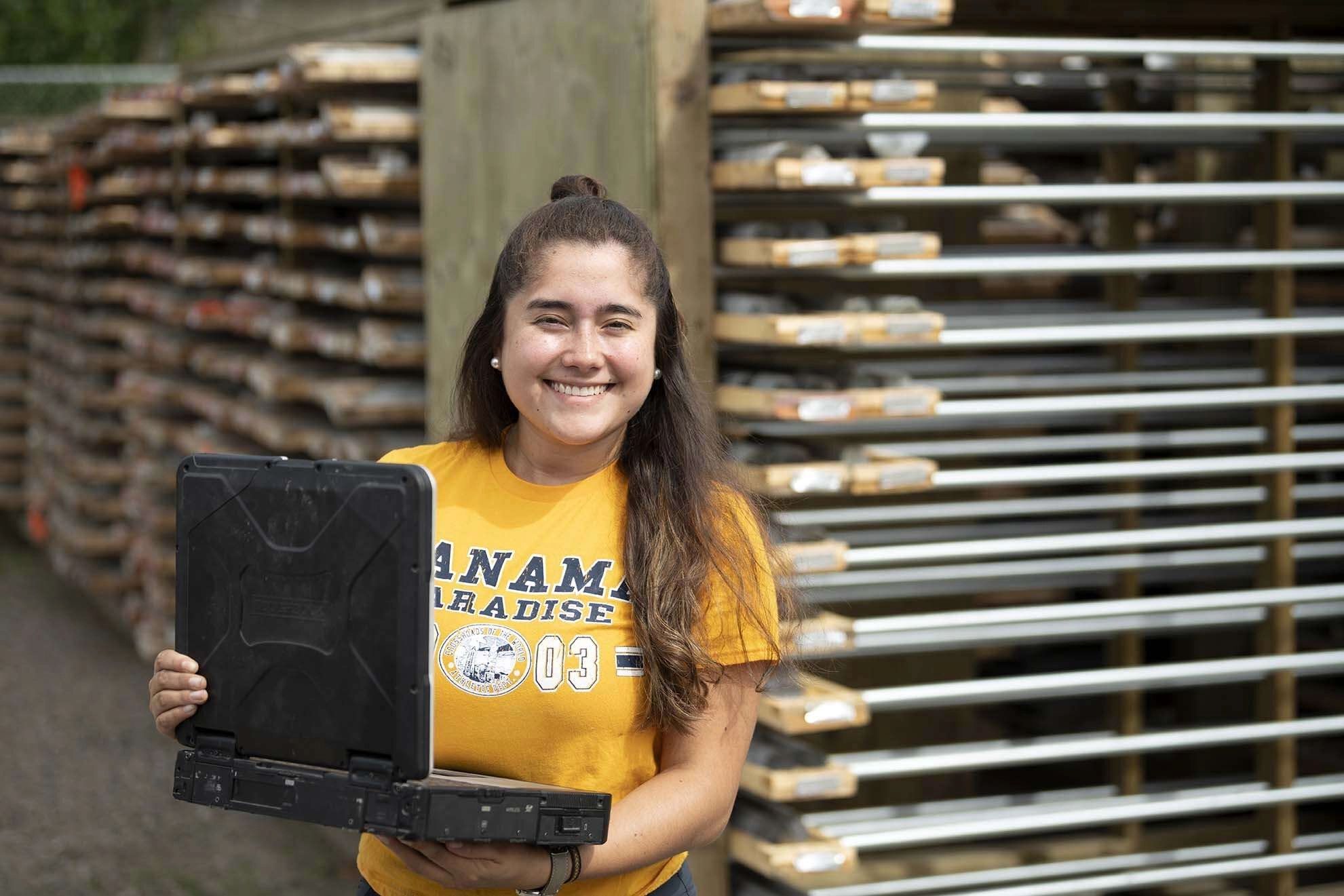


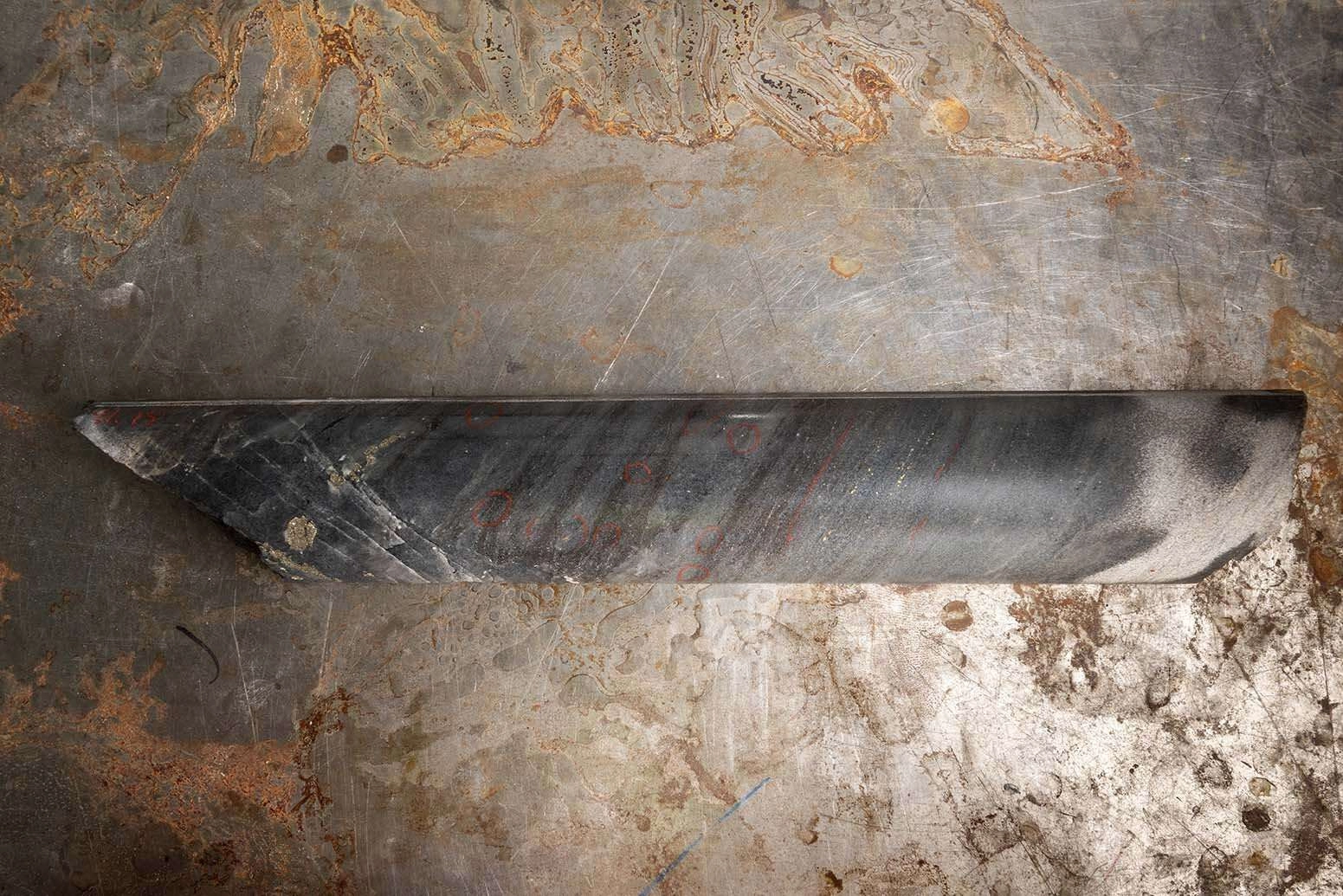
Conclusion
This mining photography project for Great Bear Resources effectively encapsulated the company’s operations, values, and expertise. These images not only enhanced the company’s brand narrative but also served as a tool in their communication strategy, deployed across various platforms.
This case study exemplifies how professional photography, when tailored to a client’s unique vision and objectives, can become a powerful storytelling medium that enhances transparency, fosters trust, and builds a stronger brand image.
We hope that this case study has provided you with some insights into our approach to photography and how we work with our clients to achieve their goals. If you have any questions, or if you would like to learn more about our services, please contact us. We would be happy to discuss your specific needs and see how we can help.

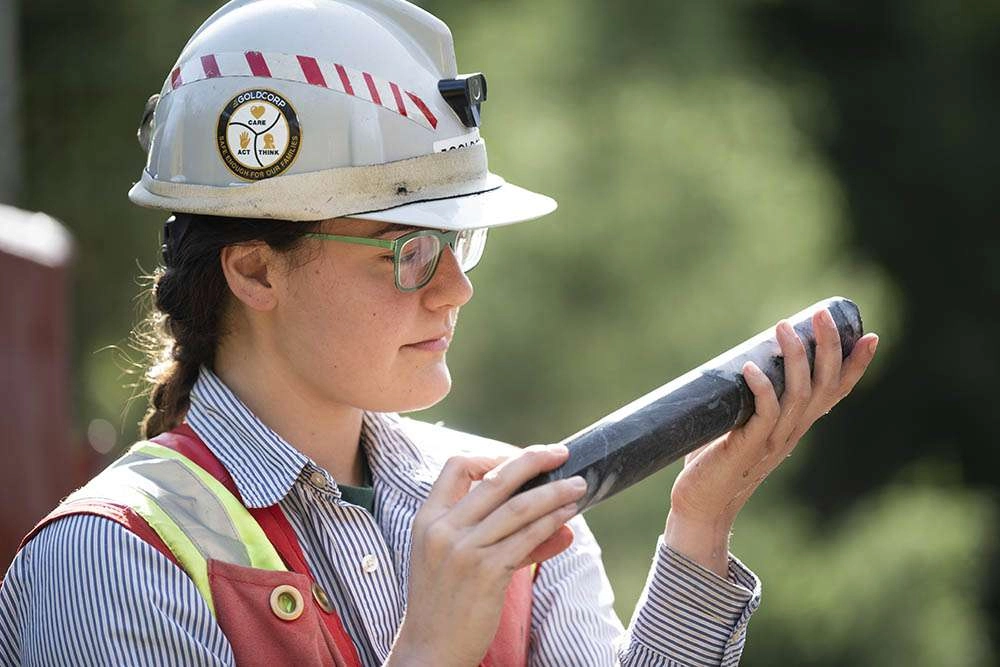



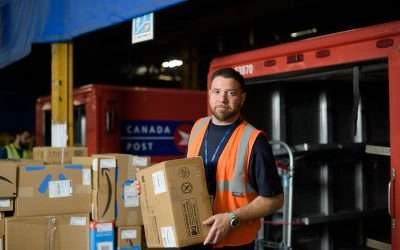

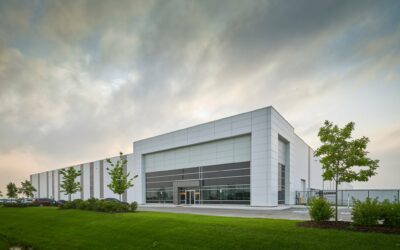
0 Comments